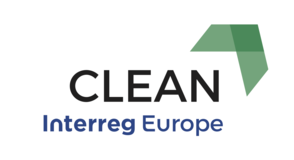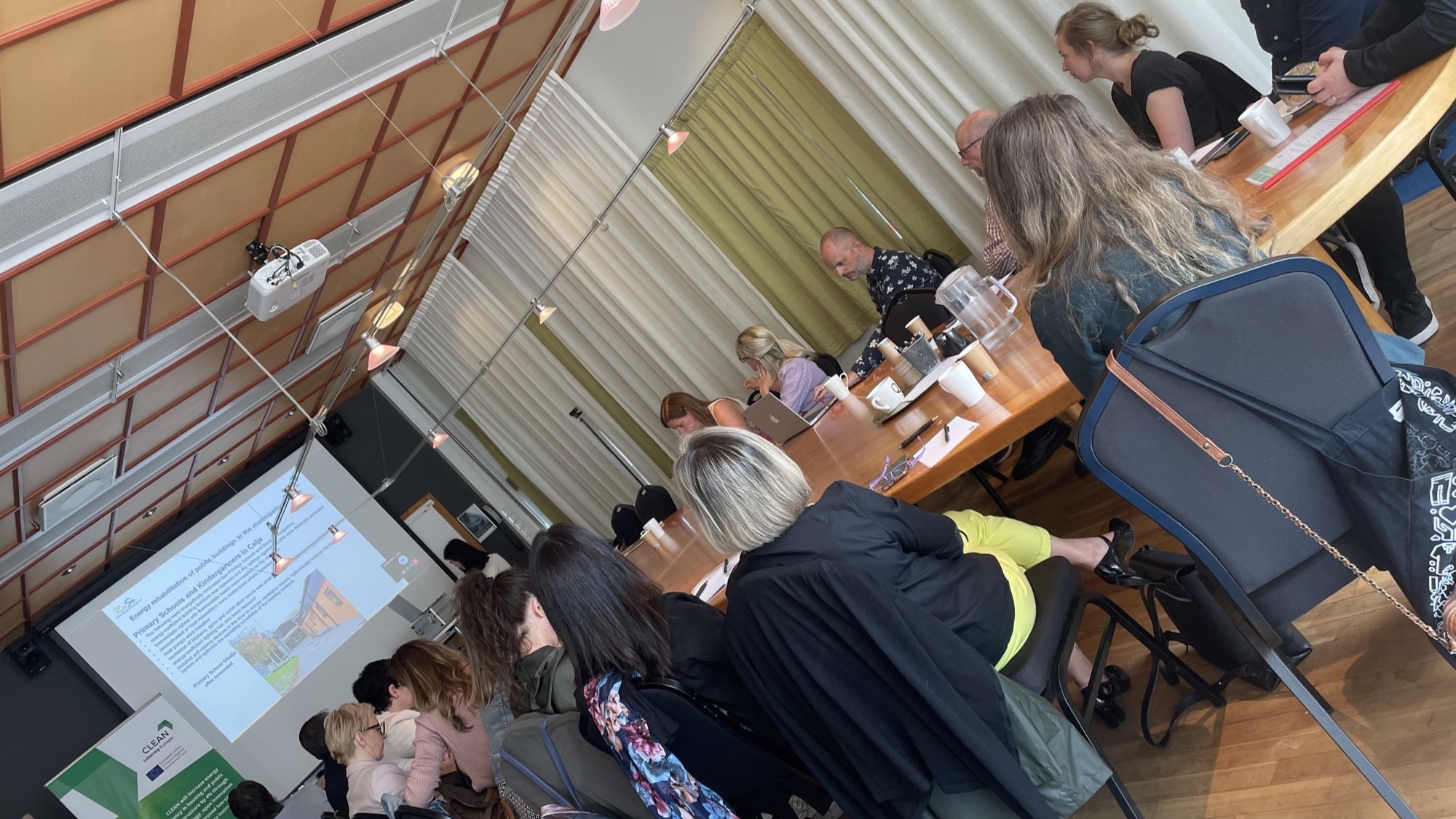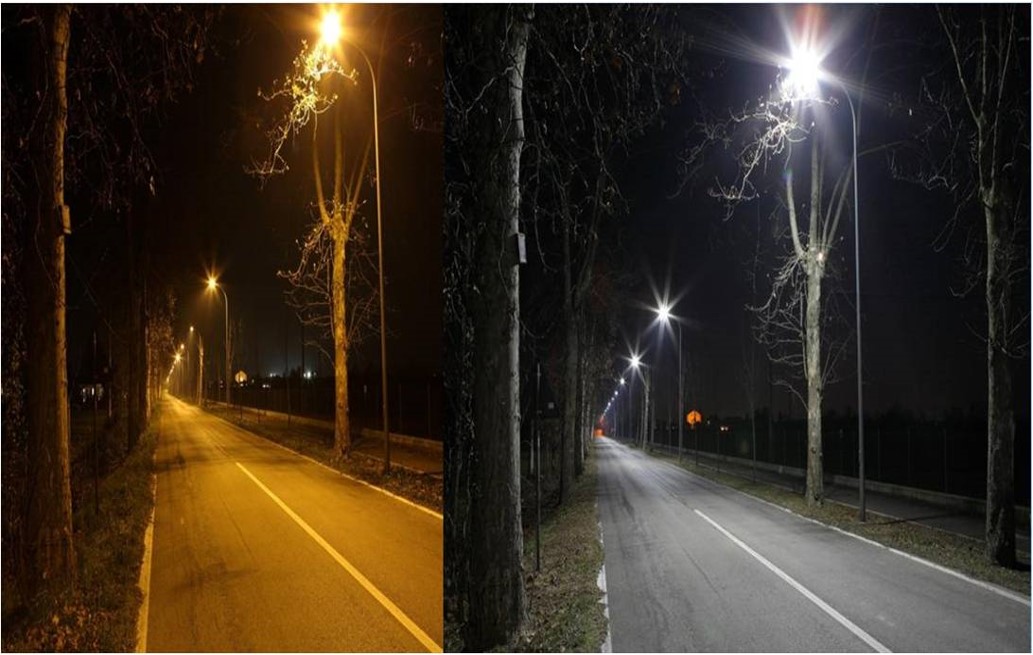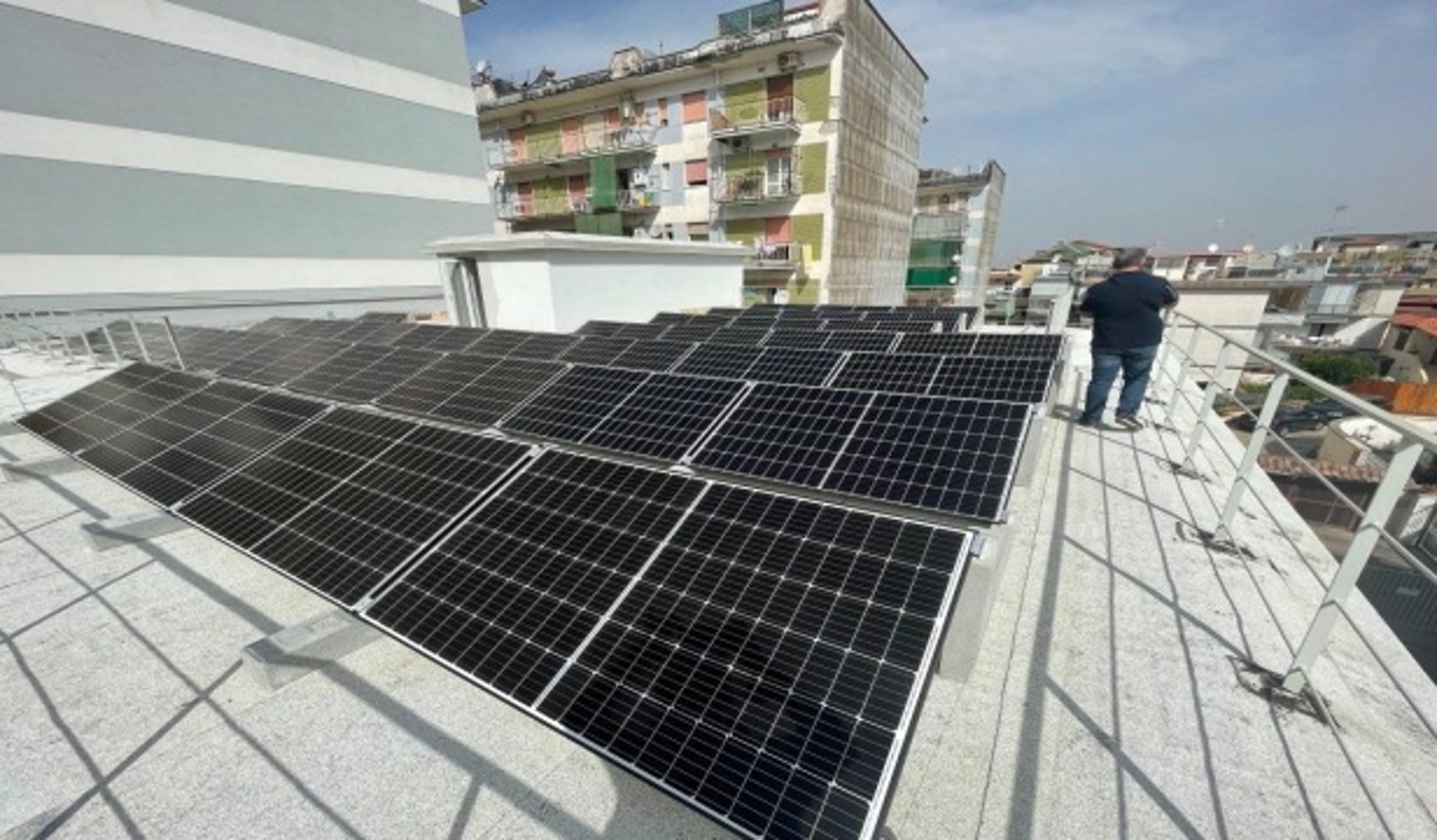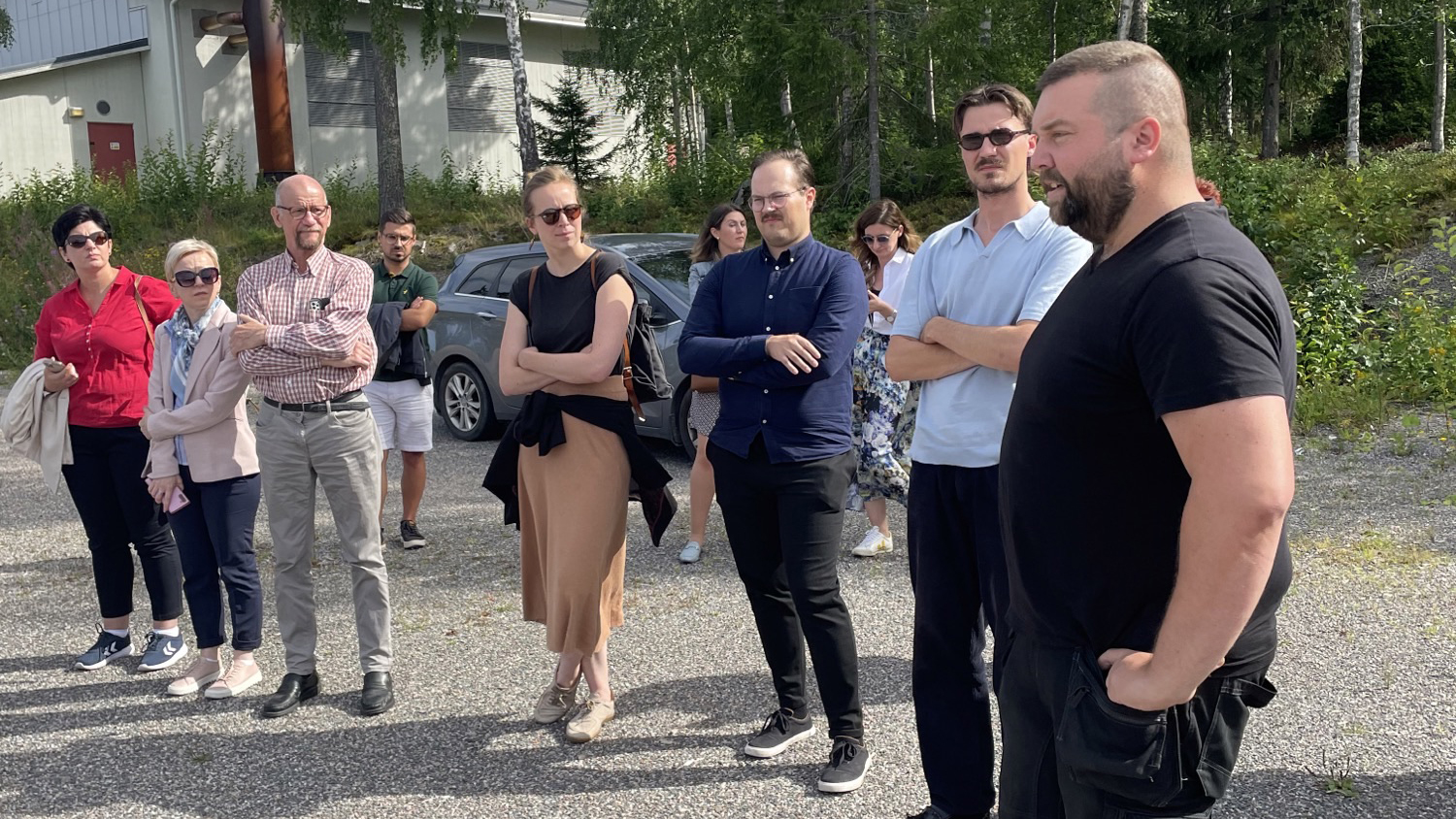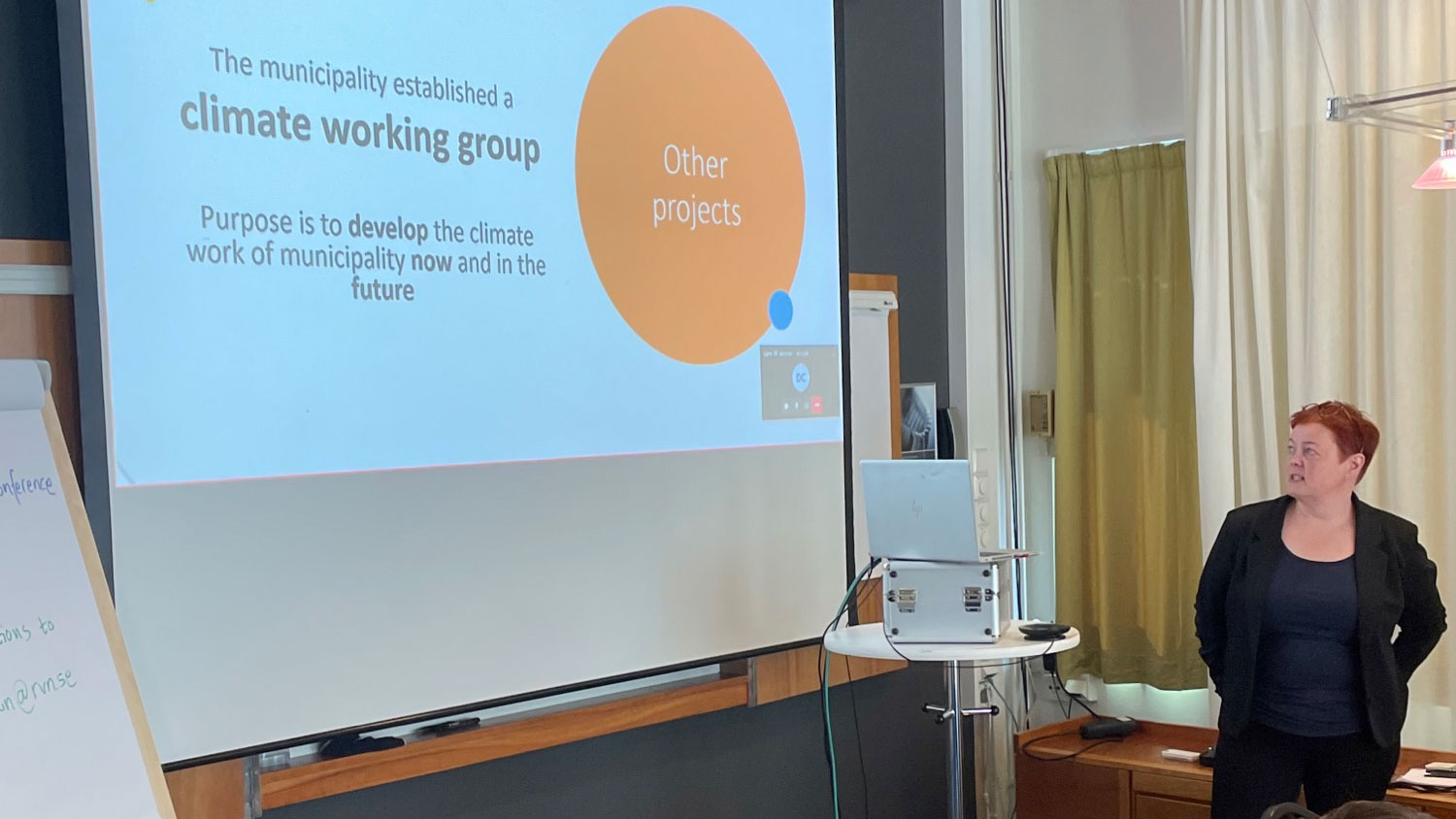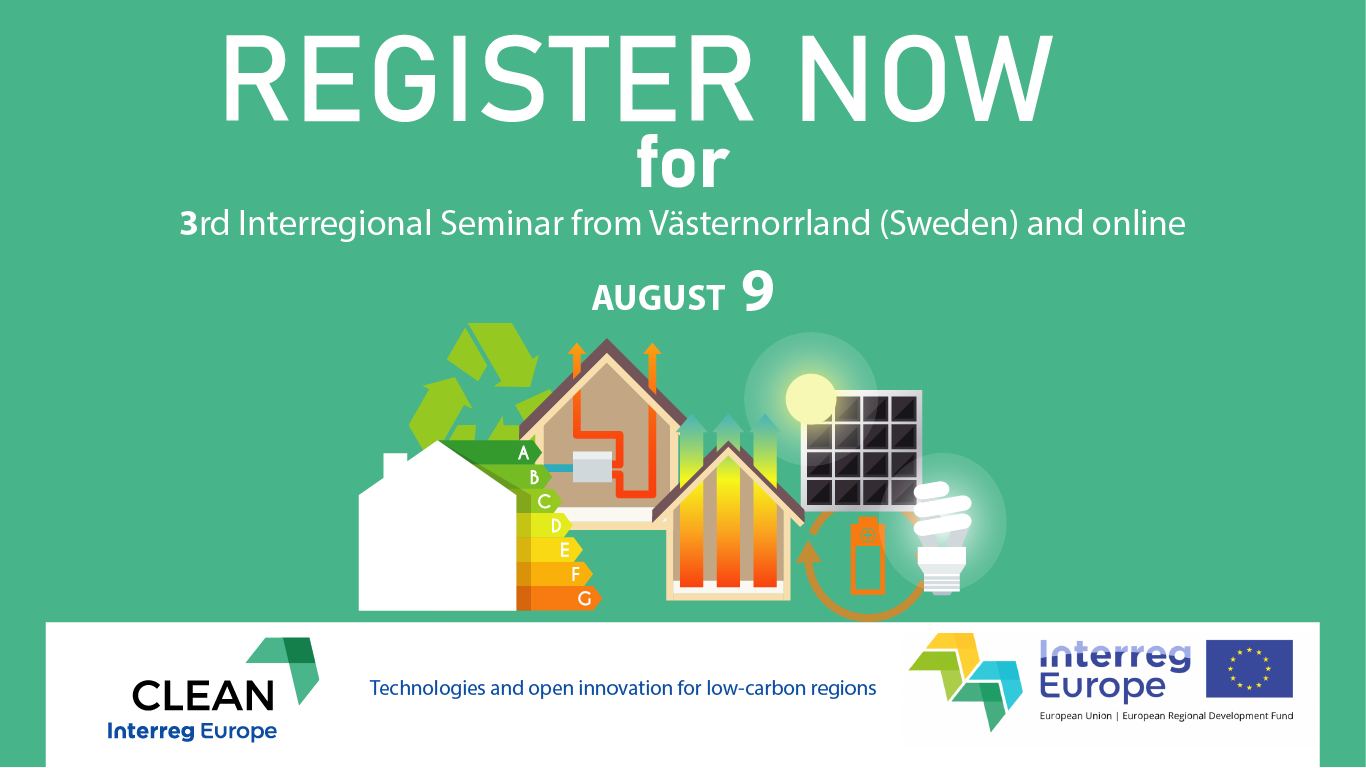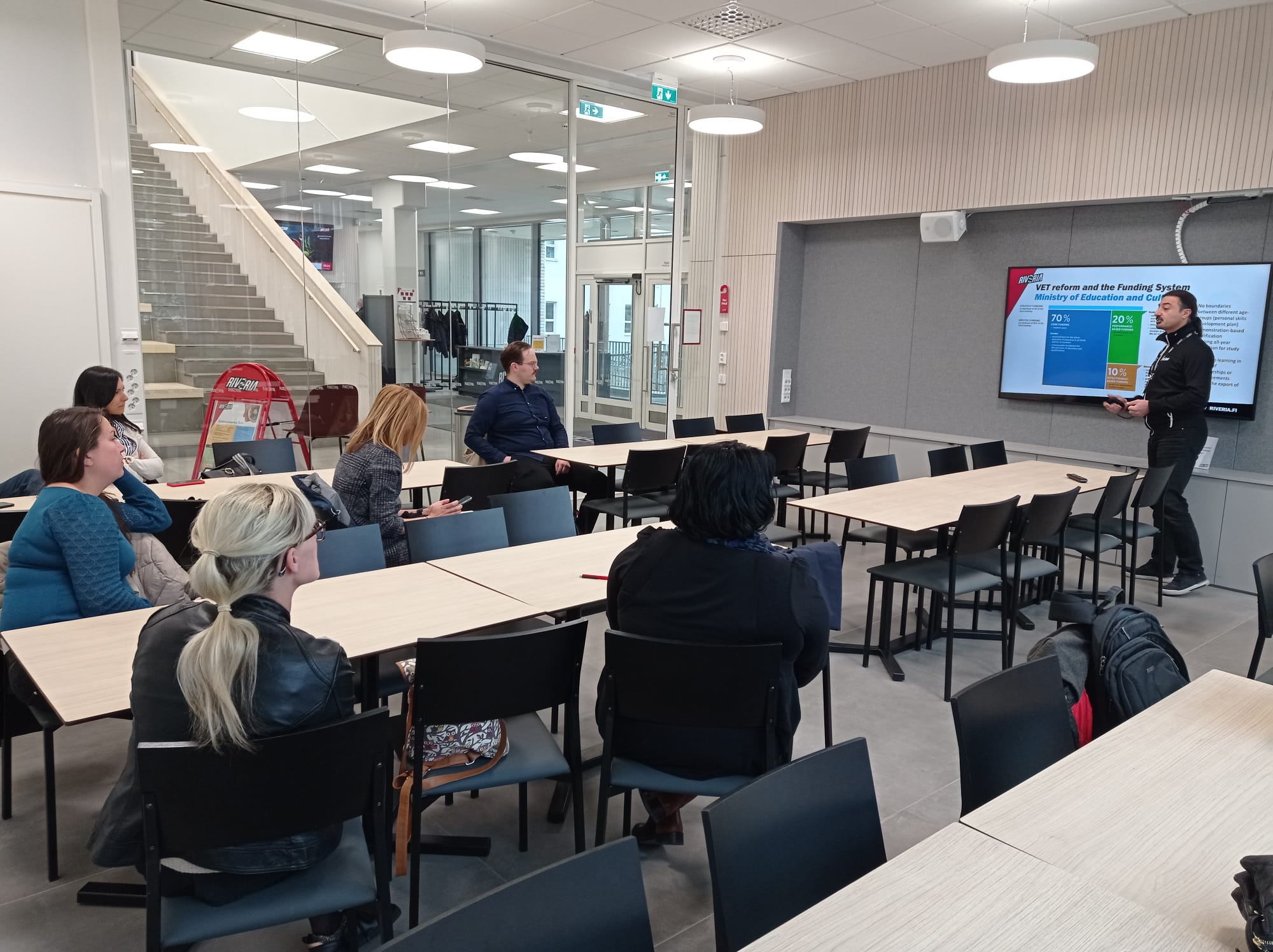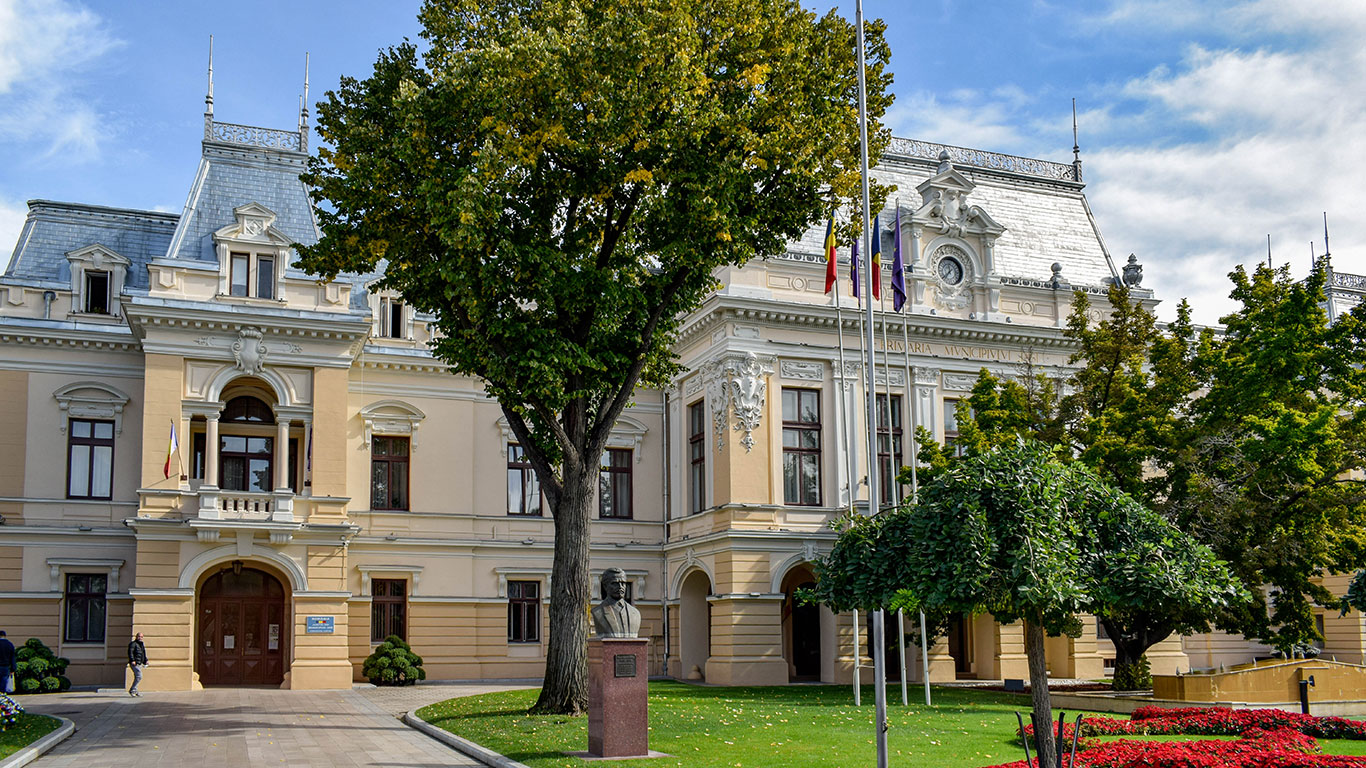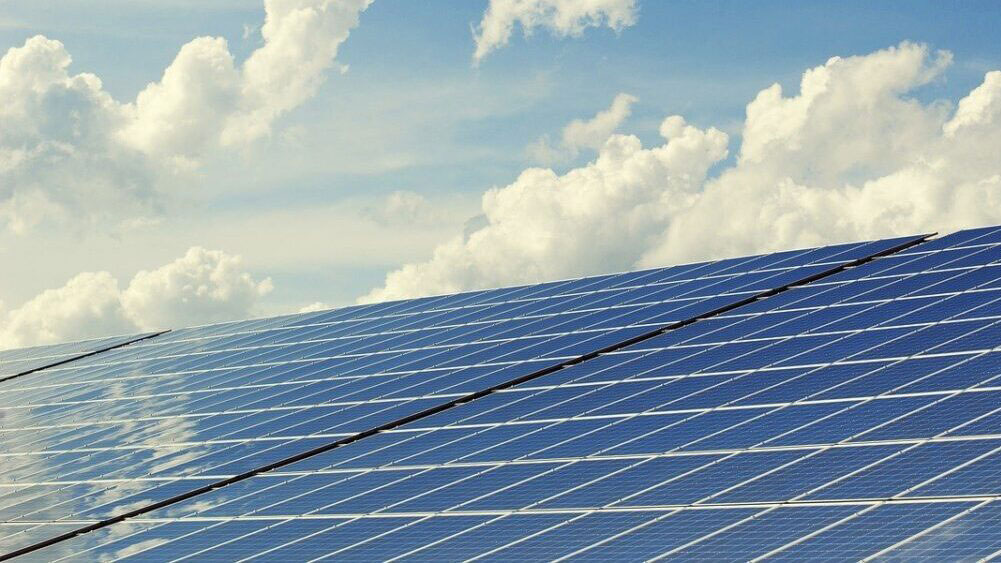To-date, what has been the biggest challenge of participating in the CLEAN project for your organisation?
ERNACT (Ireland): The biggest challenge to us as Lead Partner is managing the project and ensuring all the activities are delivered on time and within budget. However, this is not a major challenge since we have a great partnership consortium.
ALAV (Sweden): The biggest challenge is to keep the cooperation going over time and to be able to invest in all the improvements that different stakeholders are wishing for.
Fomento San Sebastian (Spain): Many of the Energy Efficiency initiatives involves citizens (residents) or commercial establishments participation to carry out energy rehabilitation or improvements in the use of energy consumption, etc. However, getting these target groups involved in these actions is not always easy, since in general, it can involve time and money consumption in the short term; and benefits in the long term could be difficult to see and understand.
Iasi (Romania): The biggest challenge is to get stakeholders involved and to convince decisions makers about the importance of mutual learning and adapt to the newest solutions and policies at European level.
Les 7 Vents (France): The biggest challenge was to convince local stakeholders that often keep distant from others' experiences. In Normandy, trust is mostly given after a long period of relationships. But once created, it is difficult to break. We hope that the length of the project will be to the benefit of successful and sustainable cooperation.
ANEA (Italy): The biggest challenge for ANEA is represented by the possibility of transferring to the target area the best practices and technical solutions identified and adopted by the partners in other countries, to achieve the objective set by the project, the improvement of the capacity of partner’s policy instruments of increase energy efficiency in housing and public infrastructure by 4%, by the end of project (2022).
Region of Crete (Greece): The biggest challenge is to align the most suitable practices from other regions with the regional strategies so as to encourage cooperation between research institutions, public authorities and private sector, to accelerate investments in energy efficiency and also to disseminate all the knowledge gained in order to activate the users and the general public.
Regional Council of North Karelia (Finland): One of the challenges is how to create a model of transferring good energy practices from the other regions to North Karelia region. When transferring energy practices, it often requires investments from the operators. For getting new energy efficiency investments to our region a lot of ambition and effort is needed from the operators.
Development Agency of Savinjska Region (Slovenia): So far, we have not faced major challenges in implementing the CLEAN project. Some may appear over the next year when the Regional Action Plan is being drawn up, but we will do our best to find good solutions.
